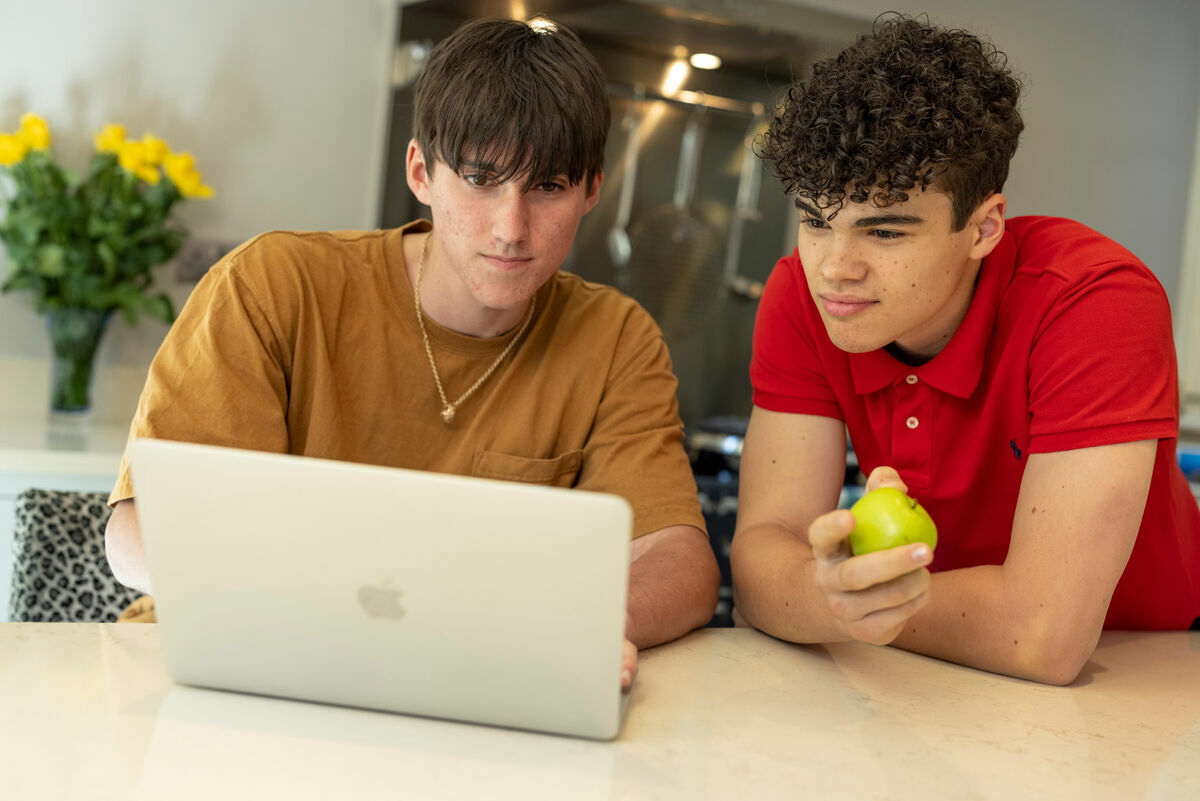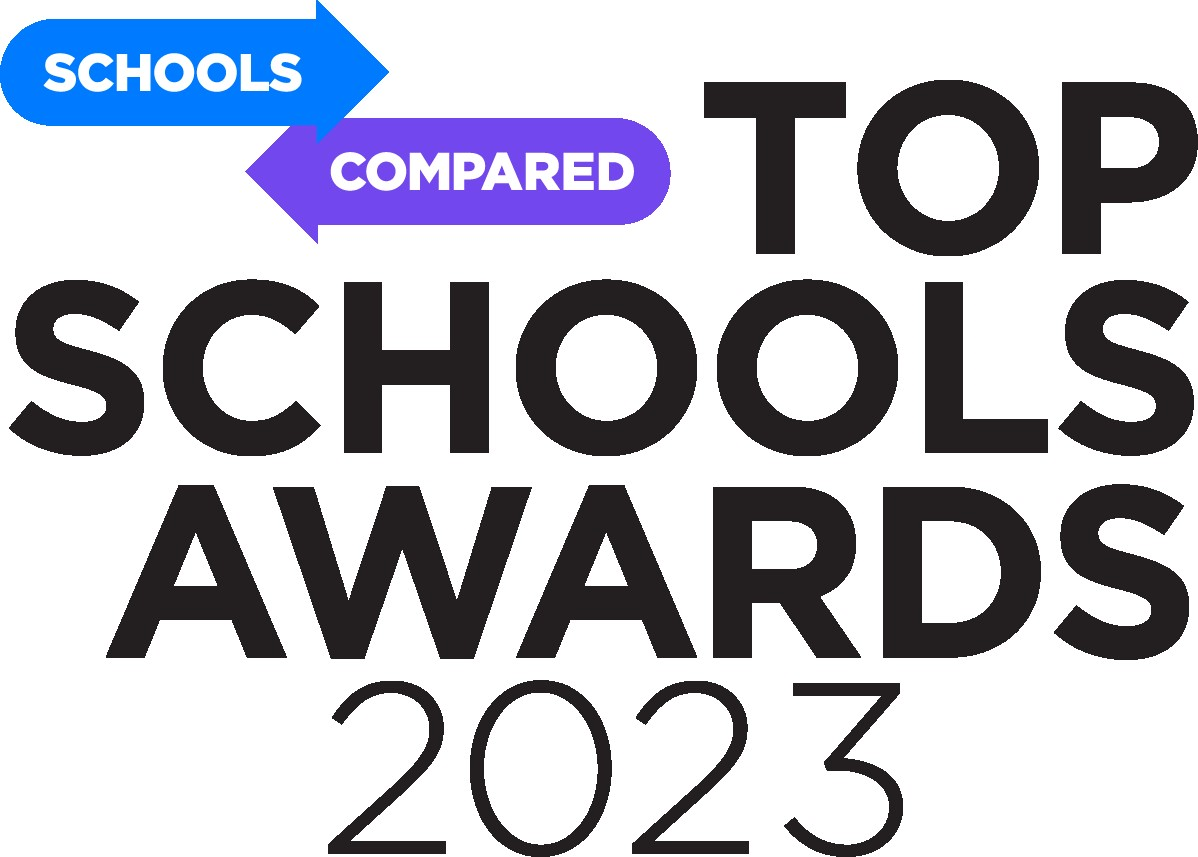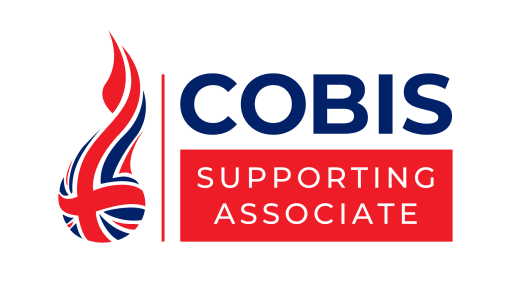
Article April 8, 2024
IB vs A Levels Online: Which is Right for You?
As you head into your final years of school, you’ll need to make an important decision: which curriculum should you follow before applying to university?
At King’s InterHigh's sixth form, we offer two pathways for students aged 16 to 19: A Levels or the International Baccalaureate® Diploma Programme — and the best part is that you can study both fully online!
Not sure which is the right fit for you? We’ve got you covered. Read on as we break down everything you need to know about the IB vs. A Levels: similarities, differences, and how to find your ideal match.

What do the IB and A Levels have in common?
While A Levels and the IB Diploma Programme might seem quite different at first glance, they share a lot of core similarities.
Respected and recognised worldwide
First off, both of these qualifications are highly respected all around the globe. When you finish your studies, you’ll earn a certificate that will be recognised by top universities all around the world. This means that whichever option you pick, strong exam results will give you a great chance of getting into the university of your dreams.
2-year-long courses
Usually, you’ll start A Levels or IB at age 16 and wrap them up during your last two years of school (known as sixth form in the UK). You’ll typically take your final exams at the end of those two years, though you may have coursework and projects to complete throughout the course.
College credit
Planning to head to the US for university? You’ll be happy to hear that both A Levels and the IBDP can earn you college credit at many universities. The University of California, for example, offers 8 to 12 quarter credits for A Levels and IBDP Higher Level certificates. With college credit, you can earn your degree faster (and spend less on tuition!), which makes both of these qualifications a great choice.
Available worldwide
Last but not least, both A Levels and the IBDP are available to students around the world — and you can study either online with us at King’s InterHigh, no matter where you live.

How do A Levels and the IB Diploma differ?
Of course, despite their similarities, the IB Diploma Programme and A Levels are two very different ways of learning in many respects.
Number of subjects
If you study A Levels, you’ll likely specialise in three to four subjects from a vast range, with over 20 options available at King’s InterHigh.
The IB Diploma, on the other hand, is much broader in scope. As an IB student, you’ll study six subjects, choosing one from each educational field. You’ll also take the DP core, which covers the theory of knowledge, creativity, activity, service, and an extended essay project.
Grading system
A Levels and the IB Diploma also have different grading systems. A Level subjects are graded from E to A* (lowest to highest), and you get a separate grade for each subject. IB subjects are graded from 1-7 (lowest to highest), and at the end you get an overall score out of 45 points.
Your university offer will differ based on the qualification you take, but expect grade requirements to be roughly similar. The University of Oxford, for instance, usually looks for an A or A* in each A Level subject, or a 6 or 7 in each IBDP Higher Level subject.
And more
Aside from numbers, IB and A Levels also differ in learning style, academic intensity, and overall goals.
In a nutshell: An IB vs A Levels overview chart
| A Levels | IB Diploma | |
|---|---|---|
| Qualification length | 2 years | 2 years |
| Typical age range | 16–18 years old | 16–18 years old |
| UK school years | Year 12–13 | Year 12–13 |
| Number of subjects | Typically 3 subjects
(some students take 4–5) |
6 academic subjects + the DP core (3 subjects) |
| Subject levels | No higher or lower levels, but some subjects (known as facilitating subjects) may be considered more rigorous | Students study a mix of standard level (SL) and higher level (HL) subjects |
| Assessment method | A combination of coursework and final-year examinations (some subjects are exam only) | A
combination of coursework and final-year examinations, plus hands-on projects for the DP core |
| Grading system | E (lowest) to A* (highest) | 1 (lowest) to 7 (highest) |
| University recognition | Recognised and respected around the world | Recognised and respected around the world |
| Availability | Over 10,000 A Level schools worldwide | Over 150 IB schools worldwide |
| Online? | Yes, at King’s InterHigh | Yes, at King’s InterHigh |
So with all these factors to think about, how do you decide which is right for you?
While only you and your family can make the final call, here are our suggestions based on your academic interests, goals, and learning preferences:
Pros and cons: Choose the IB if…
You want to get a broader education
While there’s technically no limit on the amount of A Levels you can take, the vast majority of students study three subjects. Some learners take four A Levels, but it’s very rare to take five or more because of the workload involved.
If you’d prefer a broader education that encompasses a wider variety of subjects, look to the International Baccalaureate Diploma. As part of the IBDP, you’ll choose one subject from each of the following groups:
- Studies in language and literature: Covering English
- Language acquisition: Classical and modern foreign languages
- Individuals and societies: Humanities, social sciences, and business
- Sciences: Natural sciences and computer science
- Mathematics: Covering analysis and application
- The arts: Visual arts, music, film, and performance
If you’d prefer, you can also skip Group 6 (the arts category) and choose another subject from a different group instead — perfect if you need more sciences for a medicine degree, for example.
The IBDP curriculum also includes the DP core, a set of three components which broadens your education experience even further:
- Theory of knowledge or TOK (the study of what we know and how we know it)
- Creativity, activity, service or CAS (an artistic, physical, or charitable project)
- The extended essay or EE (an independent research project with a 4,000 word essay)

You want to develop an international outlook
In our increasingly connected world, being able to think from an international perspective is a valuable skill. In fact, The Global Mindset Index study shows that companies where employees have an international outlook are far more likely to achieve their business goals. Thinking globally is a good way to boost your chances of future success.
While A Levels do focus on more than just Britain, the IB Diploma Programme was created with international mindedness as one of its key aims. In fact, university admissions officers named “encouraging a global outlook” as the skill the IBDP develops best.
Learning a foreign language is also compulsory for all IBDP students, opening up a line of communication with new people around the world.
Plus, IB schools incorporate global real-world scenarios into various subjects. While learning about genetics in Higher Level Biology, for example, you may study sickle cell anaemia in African countries or radiation in Chernobyl.
You want to take a more independent approach
The IBDP has more teacher-led subjects than you’d typically take at A Level, but also more independent learning and research. The extended essay, for example, is a core element of the IBDP. As part of the extended essay, you’ll select a topic of your choice from any field and conduct a research project on it.
Some examples of extended essay themes include:
- What is the most appropriate ethical framework for the programming of driverless cars?
- To what extent is hip-hop a form of resistance among youths in Hong Kong?
- To what extent did German tactical mistakes affect the outcome of the Battle of Stalingrad?
- How does changing the initial amount of water in a water rocket affect the flight of the rocket?
- What factors should novice climbers take into account when choosing their first rope?
As you can see, there’s no limit to what you can choose to learn more about, giving you independence in directing your education. Plus, self-directed learning is a great way to prepare for university.
Here’s what our students from the world’s first IB Diploma cohort love most about studying the IB online:
Pros and cons: Choose A Levels if…
You want to specialise early
If you want to start specialising in your favourite subjects before university, A Levels are the best choice. Like the IB Diploma Programme, there are A Level subjects available in a wide variety of academic categories. However, unlike the IBDP, you don’t need to study one subject from each field.
According to the University Admissions Officers Report, “developing in-depth subject expertise” is the prime skill A Levels encourage best. Typically, you’ll study three to four A Levels, and you can choose any combination of subjects. This means you can select multiple subjects from the same field if you’re already ready to specialise.
If you want to work in medicine, for example, you could choose A Levels in Chemistry, Biology, and another STEM subject such as Physics. Aspiring to be the next world leader? Politics, Economics, and Law could be your ideal A Level combination for learning about government.

You want more freedom of choice
Even if you’re not ready to drill down on a single subject, you may also enjoy A Levels if you’d like more freedom to follow your specific interests — or avoid your least favourite subjects. Some students, for example, struggle with languages, while others have little interest in science. If there’s a field you don’t want to study in your final years of school, A Levels could be the way to go.
At King’s InterHigh, we offer over 20 A Level subjects spanning various areas of study. The fields covered by our A Levels are roughly similar to those in the IBDP, including:
- English: English Language, English Literature
- Foreign languages: French, German, Spanish
- Humanities and social sciences: Geography, History, Classical Civilisation, Law, Economics, Psychology, Sociology, Politics
- Sciences: Biology, Chemistry, Physics, Computer Science
- Mathematics: Maths, Further Maths
- Creative and professional: Business, Media
You want more time flexibility
A Level subjects cover more content than IB subjects, A Level students take fewer subjects overall. As such, an A Level timetable usually involves less contact hours than a typical IB schedule. In turn, this gives you more flexibility in how you divide your time.
While you will need to study outside of your A Level classes to get the best grades, you get to decide which subjects you put the most time into. When you study online with us, you may also find that an A Level timetable is the right fit for your lifestyle. If you’re also committed to performing arts, sports training, entrepreneurship, or other exciting pursuits, you’ll have fewer classes to fit around your schedule.
One of our A Level students, Owen, shares how online A Levels are helping him towards his future:
A Levels and IB Diploma Online at King’s InterHigh
King’s InterHigh is the world’s first school to offer the IB Diploma Programme entirely online, alongside the choice of online A Levels.
No matter which curriculum pathway you choose to take, our sixth from brings you live, interactive lessons with expert teachers and innovative technology every school day. Students can join us from anywhere in the world, and we offer 24/7 access to lesson recordings so you can fit your learning around any lifestyle.
With 19 years of experience in online schooling, we’ve taught over 11,500 successful alumni who have gone onto top universities and careers around the world. Now, we’d love to welcome you to our global school community.
Have a question about our sixth form? Want help choosing between A Levels and the IB Diploma? Get in touch with us to learn more!
IB vs A Levels FAQs
Is the IB harder than A Levels? Are A Levels harder than the IB?
You may have heard that the IB Diploma is the hardest school-leaving qualification, or vice versa about A Levels.
The truth is, both of these qualifications are challenging in their own ways. The IB requires hard work to keep up in a broad range of subjects and help lead your own studies, while A Levels require hard work drilling down into complex depth on each subject.
In the end, the difficulty level depends on your strengths and learning style. If you're a curious all-rounder who loves project work, the IB might be your preference. If you're a specialist who thrives on focused study, A Levels could be the way to go.
Are A Levels and the IB equivalent?
A Levels and the IB are both rigorous, internationally recognised qualifications that prepare you for university. In that sense, they're definitely equivalent. Top universities worldwide accept both qualifications, so you don't need to worry about choosing one over the other to achieve your dreams.
Where they're not equivalent is in their unique differences, from the number of subjects you study to the way you're graded.
Do universities prefer A Levels or the IB?
Here's the good news: both A Levels and the IB Diploma can get you into a great university! Above all else, admissions officers are looking for academic ability, curiosity and passion.
While they may prefer the IB for international mindedness or A Levels for in-depth knowledge, most universities want to accept a diverse range of students with different skills and attributes.
So, don't stress about which one unis like better — just pick the one that plays to your strengths.
What about the AP curriculum?
The Advanced Placement (AP) program is another popular option in the United States. Like A Levels, AP lets you choose courses in your favourite subjects. However, AP courses are usually one year long, while A Levels and IB take two years. That means A Levels and IB cover topics in more depth.
If you're looking to go to university in the US and maximise your college credit, the AP is a common choice. That being said, the AP curriculum is less well-known worldwide, so you may want to opt for A Levels or the IB if you have more global ambitions.




















